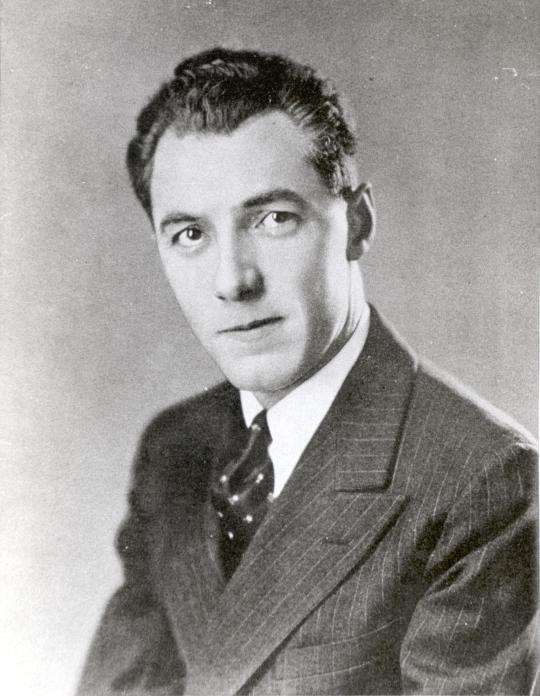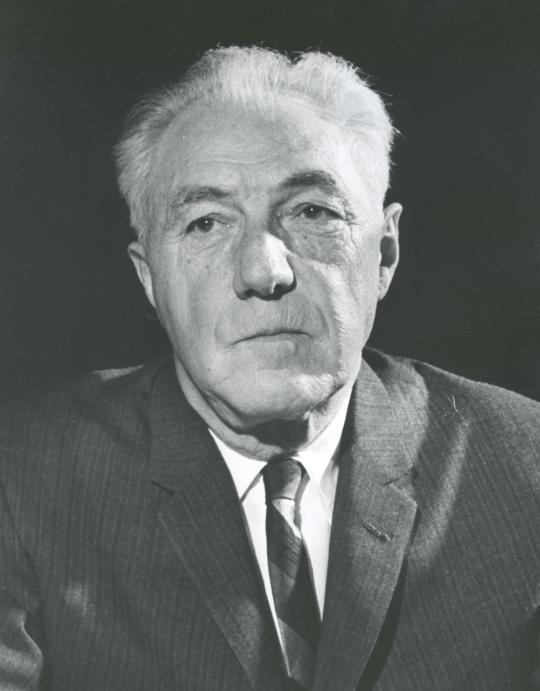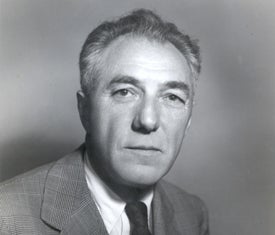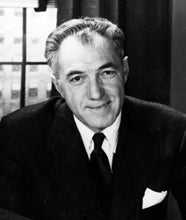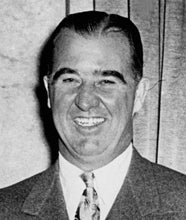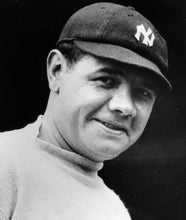- Home
- Our Stories
- From public relations to the Hall of Fame, Ford Frick changed the game
From public relations to the Hall of Fame, Ford Frick changed the game
In just a few short years in the 1930s, Ford Frick impacted the National Pastime like few before or since.
On Feb. 6, 1934, Frick was named public relations director of the National League after a distinguished career in media, specifically as a ghostwriter for Hall of Famer Babe Ruth and as a sportscaster.
Mere months after joining the NL, Frick became the league president, replacing John Heydler.
Wasting no time as president, Frick and Stephen Clark of Cooperstown led a movement in 1935 pushing the creation the National Baseball Hall of Fame.
Three years after the inaugural class of 1936, Frick’s dream became a reality as the Baseball Hall of Fame was established on June 12, 1939 in Cooperstown, N.Y.
Hall of Fame Membership
There is no simpler, and more essential, way to demonstrate your support than to sign on as a Museum Member.
“It was one of the greatest things that happened to baseball.” Frick said.
Frick was an immense believer that the Hall of Fame should be very exclusive and that the rules and regulations must be accepted toward that end. As a result, the 75-percent threshold necessary for Hall of Fame election remains in place to this day.
On Sept. 20, 1951 Frick was elected as the commissioner of baseball, becoming the third in history, succeeding eventual Hall of Famer Happy Chandler.
During his time as commissioner, Frick was in charge of numerous positive changes to the game of baseball, one being the expansion from eight to 10 teams in both the American and National Leagues. He was also a major supporter of Jackie Robinson, as his role as commissioner was vital to Robinson breaking the color barrier in baseball.
In December of 1965, Ford Frick retired at the end of two seven-year terms as commissioner. He was inducted into the Hall of Fame in 1970 by the Veterans Committee.
On April 8, 1978, Ford Frick passed away at 83 in Bronxville, N.Y. Later that year, the Ford C. Frick Award was established in his honor. Today the award is presented annually by the Hall of Fame to a broadcaster for “major contributions to baseball.”
“Remember, other areas of baseball may have good years and bad,” said Frick. “but Cooperstown goes on boosting the game year after year, without fail or interruption.”
Nick Anapolis was a public relations intern at the Baseball Hall of Fame
Related Stories
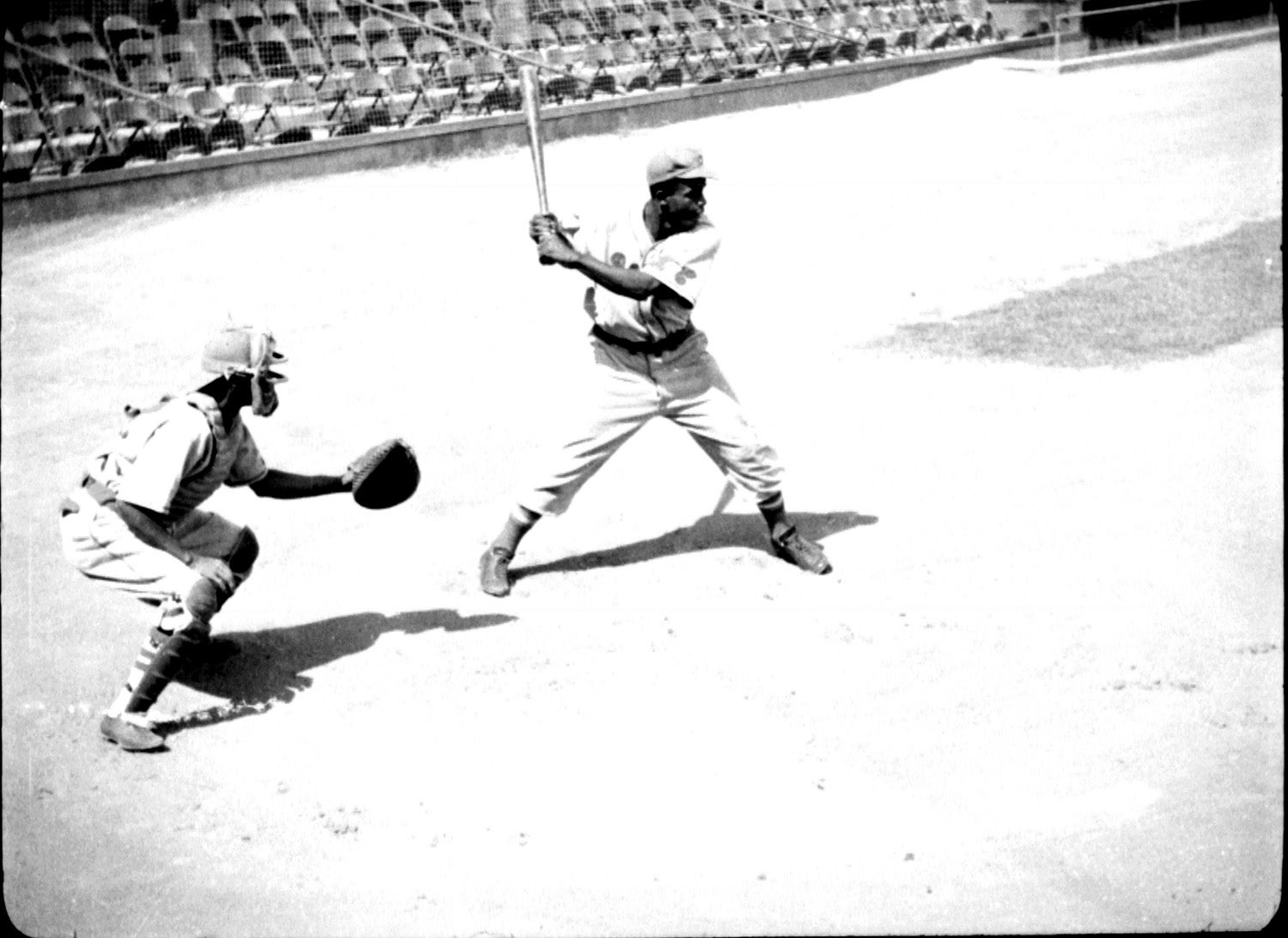
Robinson’s Royal history
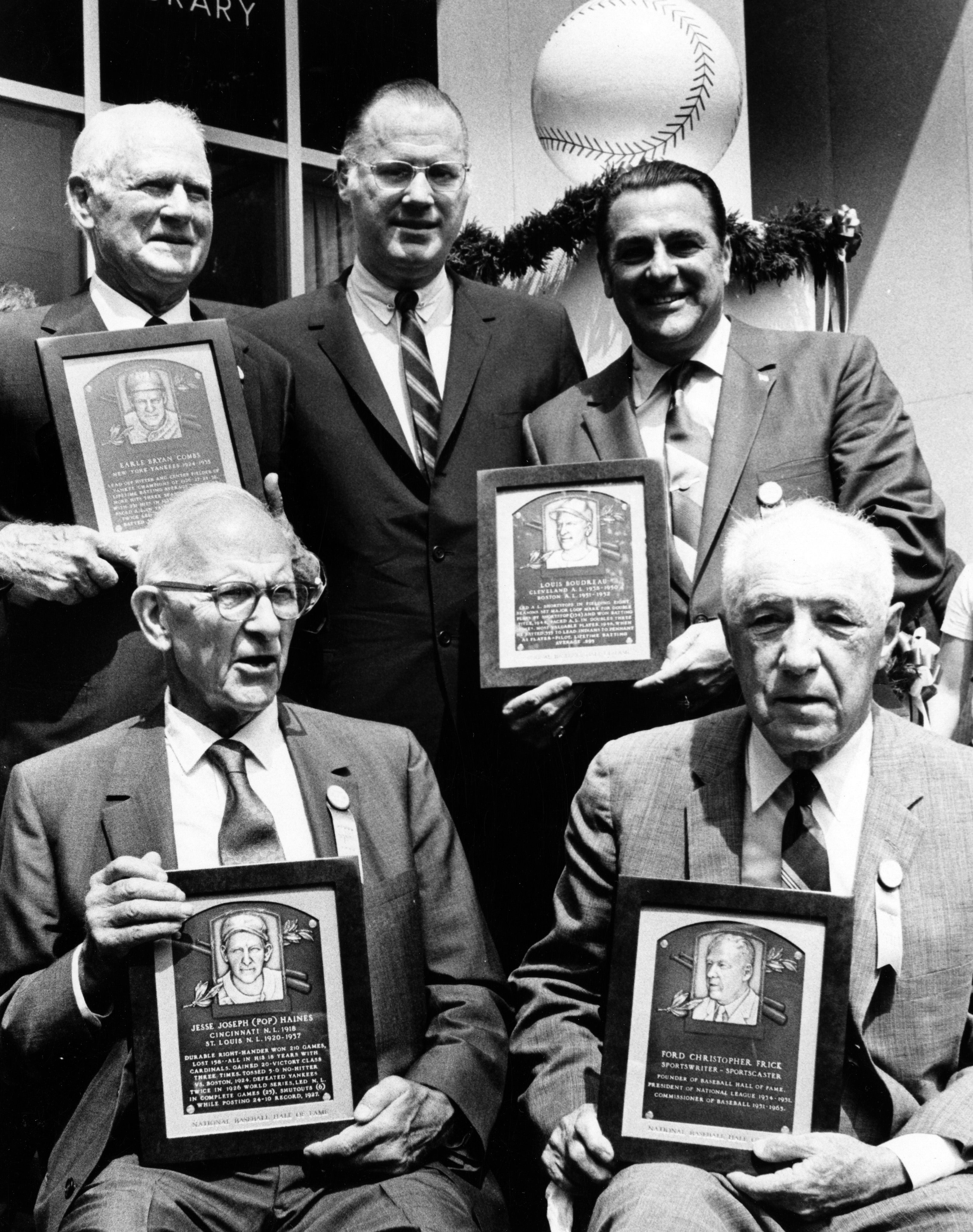
Combs, Frick, Haines elected by the Veterans Committee
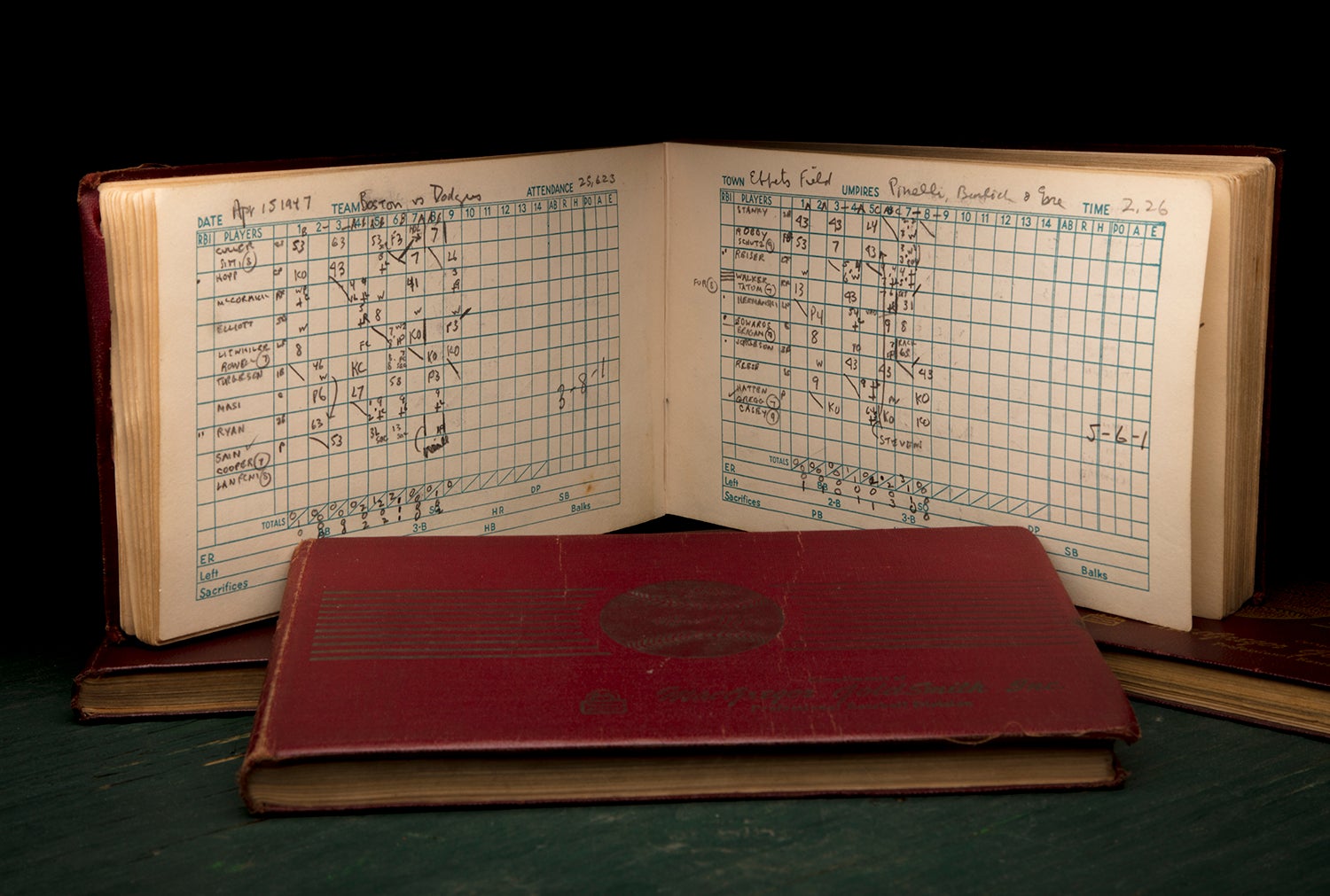
April 15, 1947: A first draft of history

Robinson’s Royal history

Combs, Frick, Haines elected by the Veterans Committee


